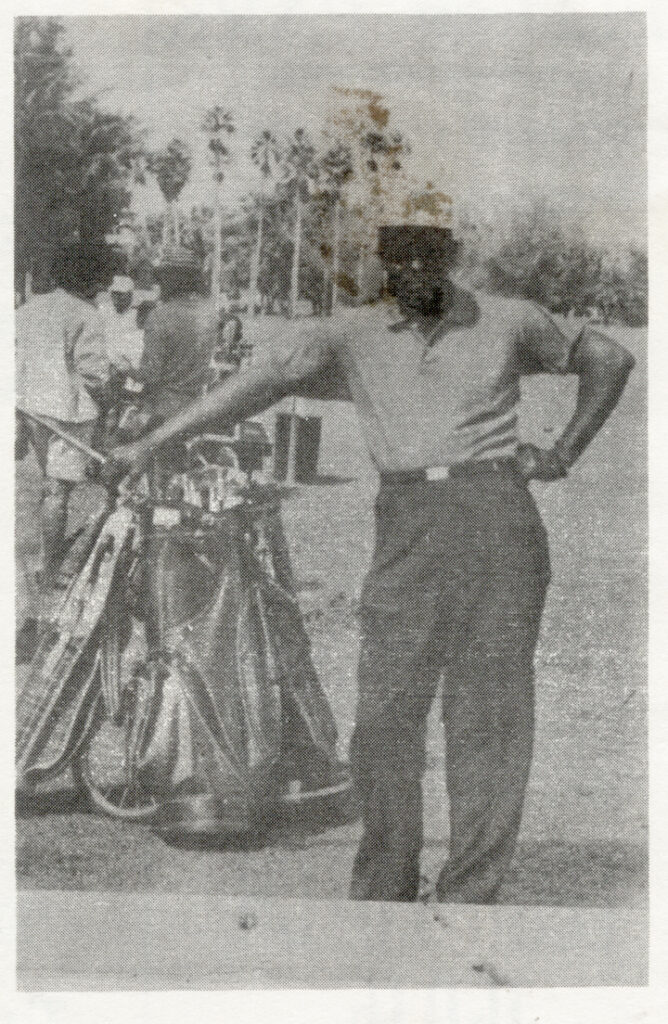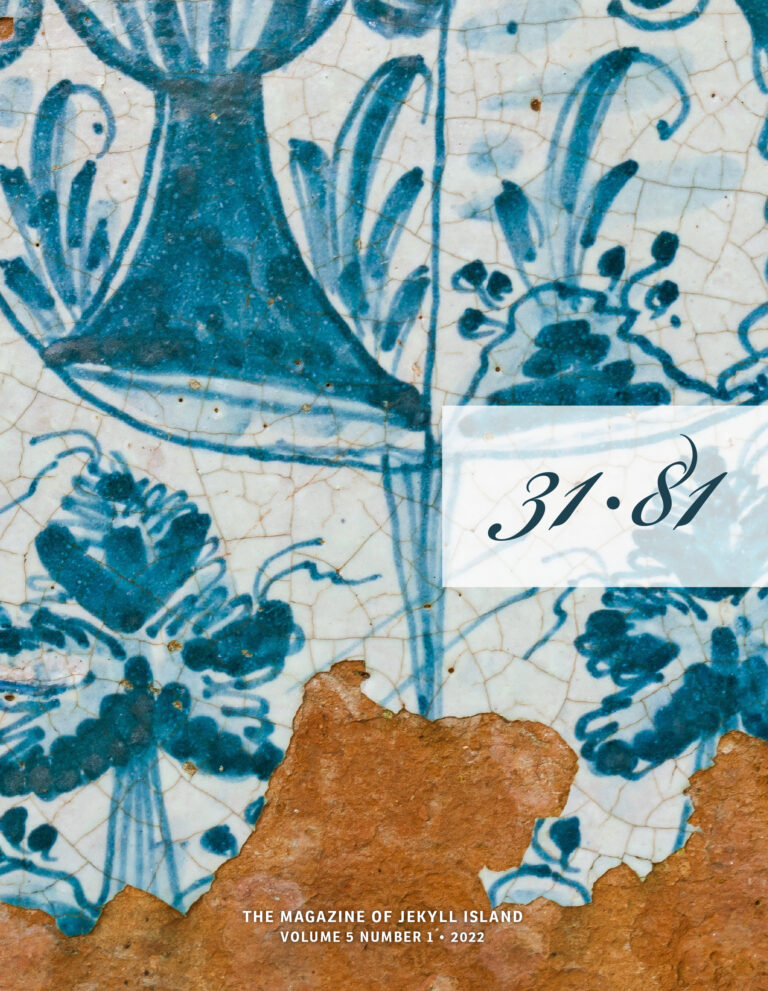Caddie Earl Hill helped integrate Jekyll Island golf
BY DEMARCO WILLIAMS
Like all good caddies, Earl Hill, a resourceful and well-known bag-carrier at the Jekyll Island Club in the 1920s, knew the game of golf inside and out. Even better, Hill knew how to use what he knew.
Hill took his knowledge of the sport, a few musical connections that he had nurtured through the years, and paired them with an Atlanta preacher’s pioneering efforts to desegregate golf in the state of Georgia to create—some four decades after his caddying heyday on Jekyll—the Southeastern Golf Tournament, the island’s first integrated golf tournament.
That colossal undertaking made Hill one of the island’s most impactful agents of change in an era when change did not always come easily.
“He’s remembered in the museum,” says Andrea Marroquin, curator of Mosaic, Jekyll Island Museum. “We try to commemorate some of the influential, lesser-known people of the island, and he’s certainly one of those.”
The Rev. Oliver Wendell Holmes of Atlanta helped pave the way for Hill, pushing to desegregate Atlanta golf courses in 1955 with a landmark Supreme Court decision that struck down Georgia’s “separate but equal” doctrine as it applied to public courses throughout the state. Later, when Rev. Holmes, an avid African-American golfer, approached clubs in Savannah and Jekyll Island to play and was turned away, he spoke out in protest.
“A Black golf course had been promised on the south end of the island but had never happened,” says Marroquin. “So [Holmes] tried to use the white golf course. And he said when they went to use it, they posted a sign saying it was closed for watering. He was told that, ‘They did not allow Negroes to use the course.’ He took the issue to the State Parks Commission and requested desegregation of Jekyll Island.”
In 1964, a court ruled that the island’s state-run facilities be desegregated. And so that same year, Hill—who had kept a close eye on the legal proceedings all along—overcame even more resistance to organize the inaugural Southeastern Golf Tournament (also called “The Classic”). The festivities surrounding the integrated tournament included an appearance by soul legend Jerry Butler, who sang at the initial awards ceremony. That marked the first desegregated concert in the island’s former convention center.
“Some of these big events probably helped [with integration],” Marroquin says of the tournament, which hosted such golf greats as Lee Elder, Calvin Peete, and Jim Thorpe, and welcomed renowned musicians like Butler, Percy Sledge, and Wilson Pickett. “The golf tournament brought some high-profile players here to the island.
“Earl Hill was very significant in making these things happen.”
The Classic ended in the early 1980s. But the legacy of Earl Hill—once a caddie for the millionaires who vacationed on the island, later a scratch golfer himself, and most notably a key figure in the hard-fought desegregation of Jekyll Island—lives on.



